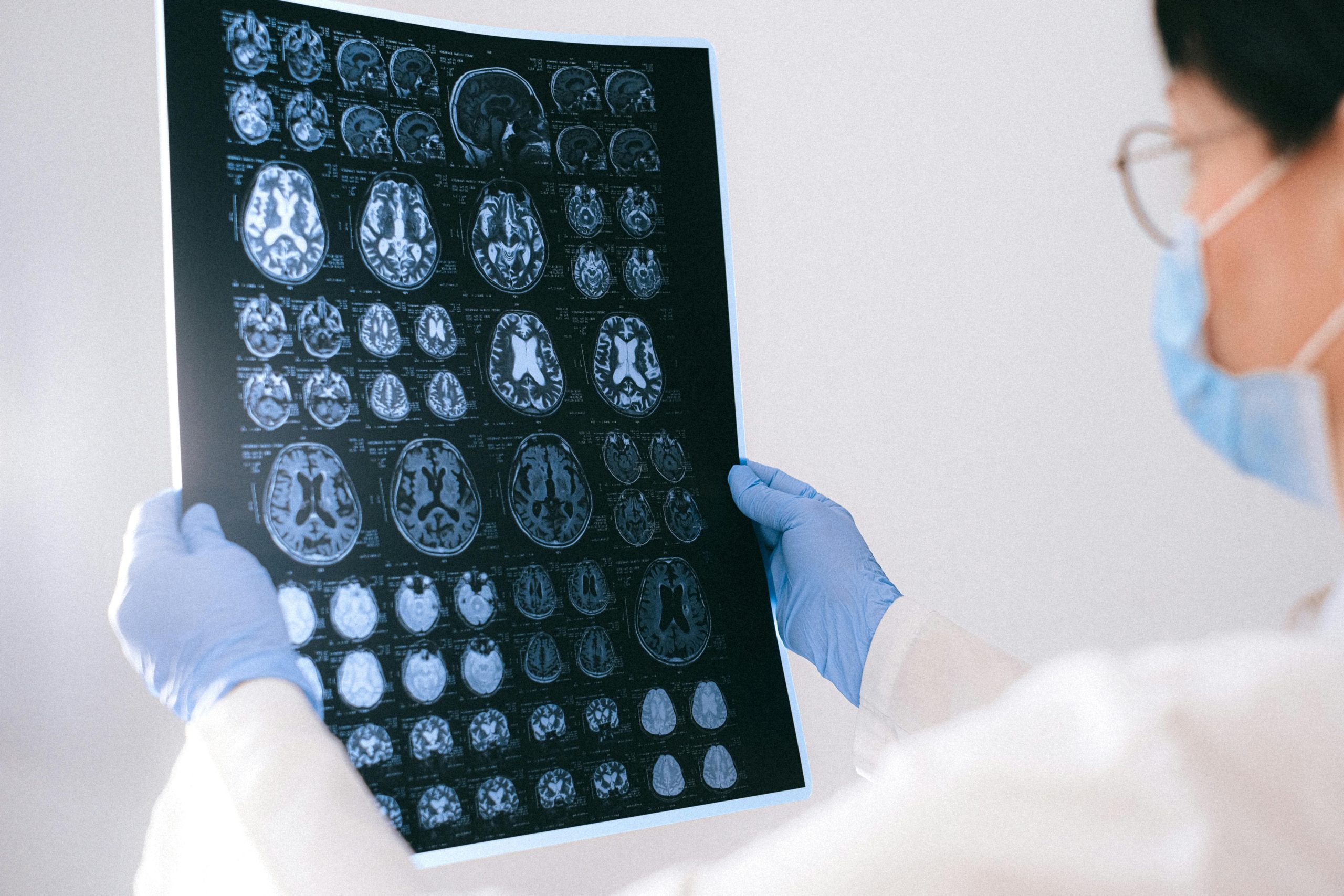The Potential Link Between Gabapentin and Dementia: A Closer Look
Dementia represents a complex and multi-faceted set of cognitive impairments that significantly impacts individuals and their families. As defined by Dementia UK, dementia encompasses a range of conditions that can arise due to various factors, including but not limited to genetic predispositions, advancing age, neurological changes, lifestyle choices, and concurrent health conditions. The brain’s intricate network of cells can sustain damage over time, leading to an inability to communicate effectively. This communication breakdown results in the atrophy of critical brain regions responsible for essential functions such as memory, reasoning, and emotional regulation. In recent years, the spotlight has shifted to the long-term use of gabapentin—a medication traditionally prescribed for nerve pain and seizure disorders—and its potential association with an increased risk of developing dementia. This discussion has gained momentum, particularly following a pivotal study published in Regional Anesthesia & Pain Medicine.
Gabapentin, which has gained FDA approval, primarily serves as a treatment option for neuropathic pain and seizure management. In addition to its primary uses, it is often prescribed off-label for various conditions, including fibromyalgia, anxiety, insomnia, and vasomotor symptoms associated with menopause, such as hot flashes. One key factor contributing to the popularity of gabapentin among healthcare providers is its classification as a less addictive alternative compared to traditional opioids and other pain management medications. While this characteristic is undoubtedly beneficial in combating the opioid crisis, the emerging findings about gabapentin’s long-term effects on cognitive health have raised considerable concern, particularly among patients who rely on this medication for chronic conditions like lower back pain.

The study in question analyzed an impressive dataset derived from over 26,000 adults within the TriNetX health research network. Researchers specifically focused on individuals suffering from chronic pain conditions, such as lower back pain and lumbar radiculopathy, to assess whether there was a notable difference in cognitive decline between those prescribed gabapentin and a control group of comparable size not taking the drug. Participants were categorized into five distinct age demographics and subjected to monitoring over a decade to track the onset of mild cognitive impairment (MCI), Alzheimer’s disease, or vascular dementia. This comprehensive research effort was designed to clarify the ongoing debate surrounding gabapentin and its potential risks, utilizing a robust sample size and methodology to yield significant insights.
As articulated by Nafis B. Eghrari, the first author of the study and a fourth-year medical student at Case Western Reserve University School of Medicine, there exists a substantial gap in understanding the precise impact of gabapentin on cognitive function and its role in neurodegenerative processes. Eghrari stated, “Currently, there is a discrepancy on whether taking gabapentin increases a patient’s risk for developing dementia.” The study findings indicate an association between gabapentin prescriptions and dementia on a national scale, which, while not confirming causation, highlights the urgent need for further investigation into the long-term effects of the medication. This sentiment echoes the growing concern among healthcare professionals regarding the impacts of long-term medication use on cognitive health.

The findings of the study revealed a particularly alarming trend among the 35–49 age group, where the risk of developing dementia appeared to double, and the risk of MCI tripled. This revelation was surprising, as neurodegenerative changes are typically associated with older individuals, usually over the age of 65. Despite these significant findings, the study is not without its limitations. Importantly, it did not account for other health conditions or medications that participants may have been taking concurrently, which could significantly influence dementia risk. Experts in the field, including Tara Spires-Jones, the director of the Centre for Discovery Brain Sciences at the University of Edinburgh, have emphasized the importance of considering lifestyle factors—such as physical activity levels, dietary habits, and social engagement—which could have profound impacts on cognitive health and the aging process.
Furthermore, Ian Maidment, a clinical pharmacy professor at Aston University, pointed out that the study inadequately controlled for critical variables such as treatment duration and dosage of gabapentin. He reiterated that previous research has not consistently found a definitive link between the use of gabapentin and dementia. As Maidment aptly noted, “The jury is out on whether gabapentin causes dementia.” There is a pressing need for more rigorous studies that establish a direct causal relationship by comparing patients who strictly use gabapentin with those who do not, all while ensuring adherence to prescribed dosages. This comparison is essential to advancing our understanding of the cognitive risks linked to this medication.
In light of these emerging findings, Eghrari presents vital recommendations for clinicians who prescribe gabapentin for chronic pain. He suggests implementing regular cognitive assessments to monitor patients’ cognitive health over time. It is equally crucial for patients to communicate openly with their healthcare providers about any cognitive changes they may experience—be it confusion, memory issues, or difficulties processing information. Eghrari concluded the discussion by expressing optimism for future research endeavors that aim to explore whether a genuine causal connection between gabapentin and cognitive impairment exists, along with investigating the underlying mechanisms by which this medication may influence cognition.
While the findings from this emerging research add a critical dimension to the ongoing dialogue surrounding gabapentin’s implications for cognitive health, it is essential to underscore that this information should not serve as a substitute for professional medical advice, diagnosis, or treatment. Patients are encouraged to consult their healthcare professionals regarding any medications they are prescribed and to discuss any concerns they may have, especially in light of their unique health histories. By sharing this article and its insights, individuals can contribute to raising awareness about the potential cognitive risks associated with long-term gabapentin use, ensuring that both patients and healthcare providers remain informed and vigilant.

















